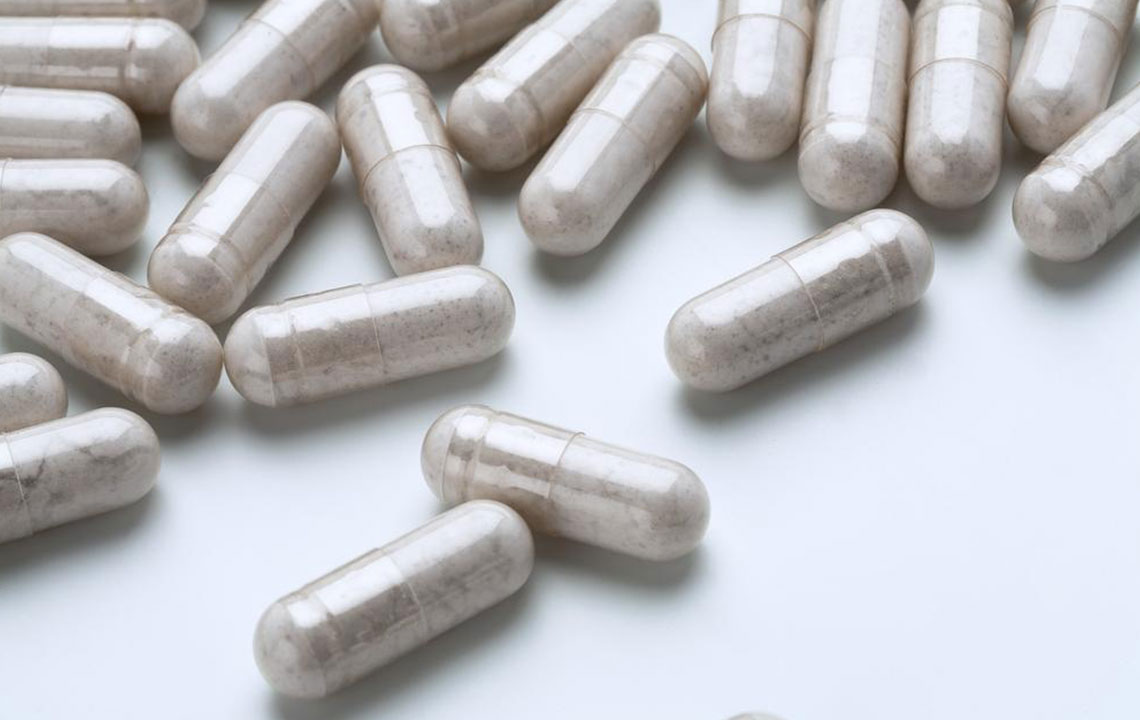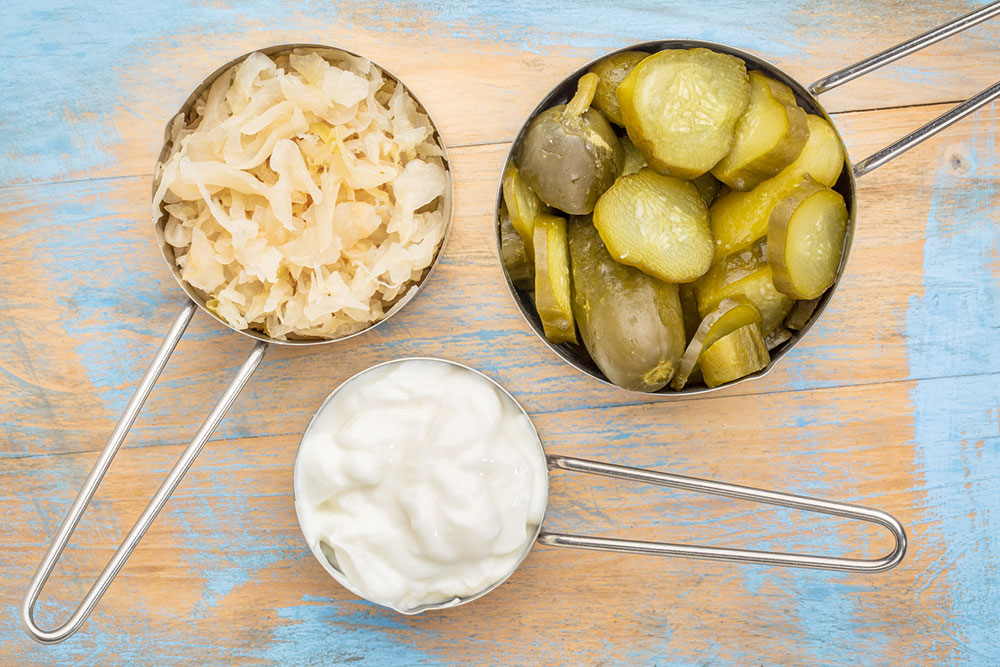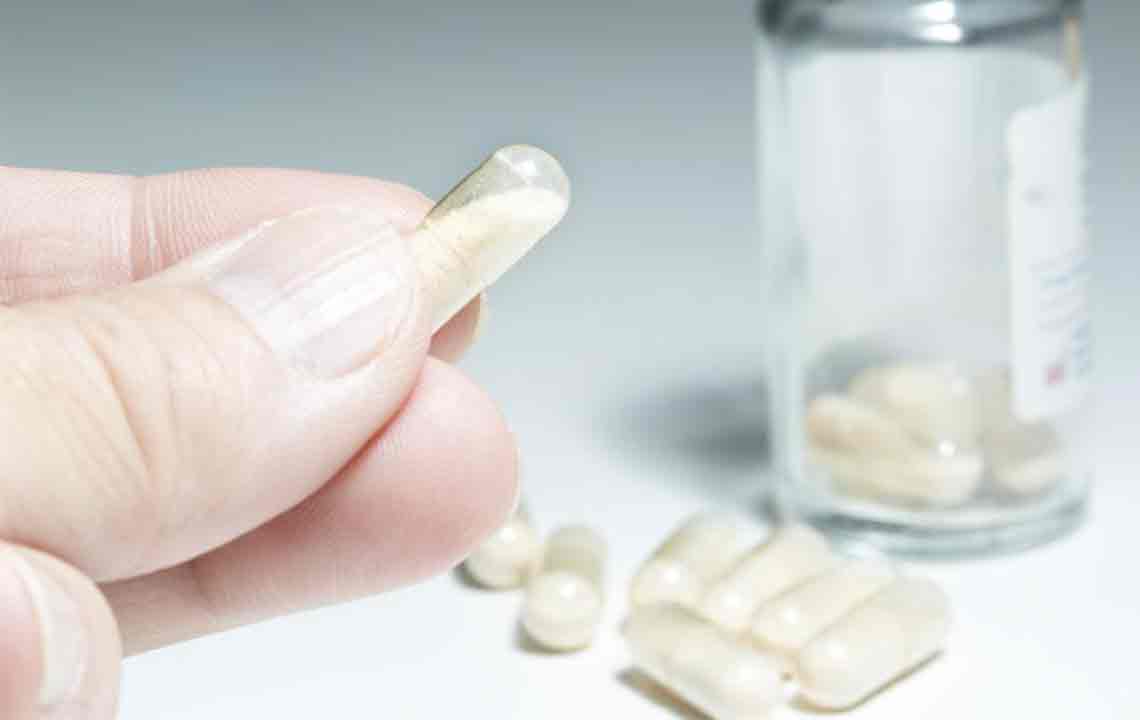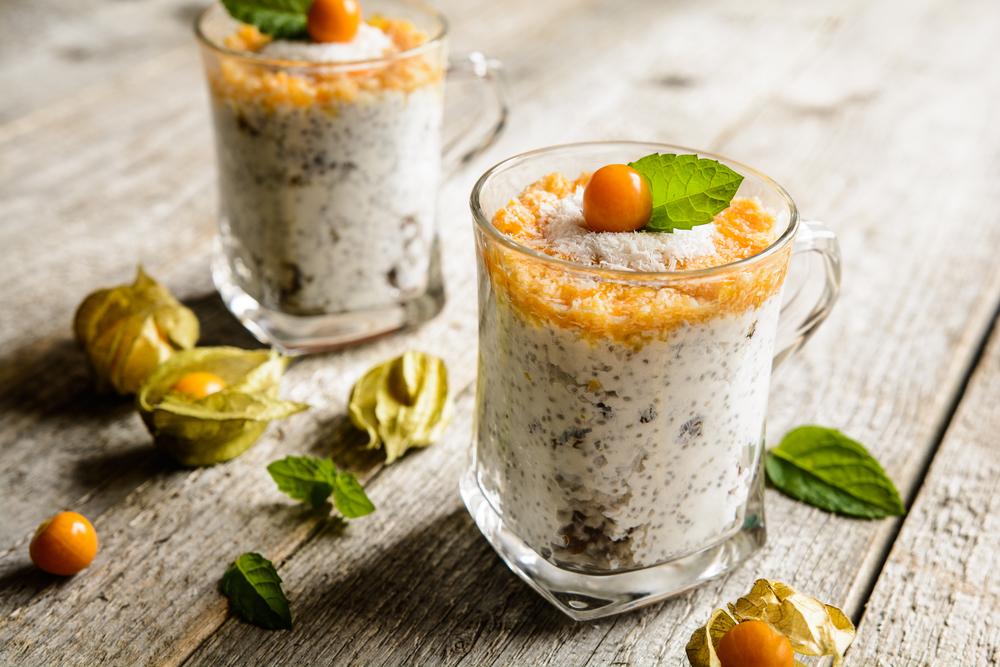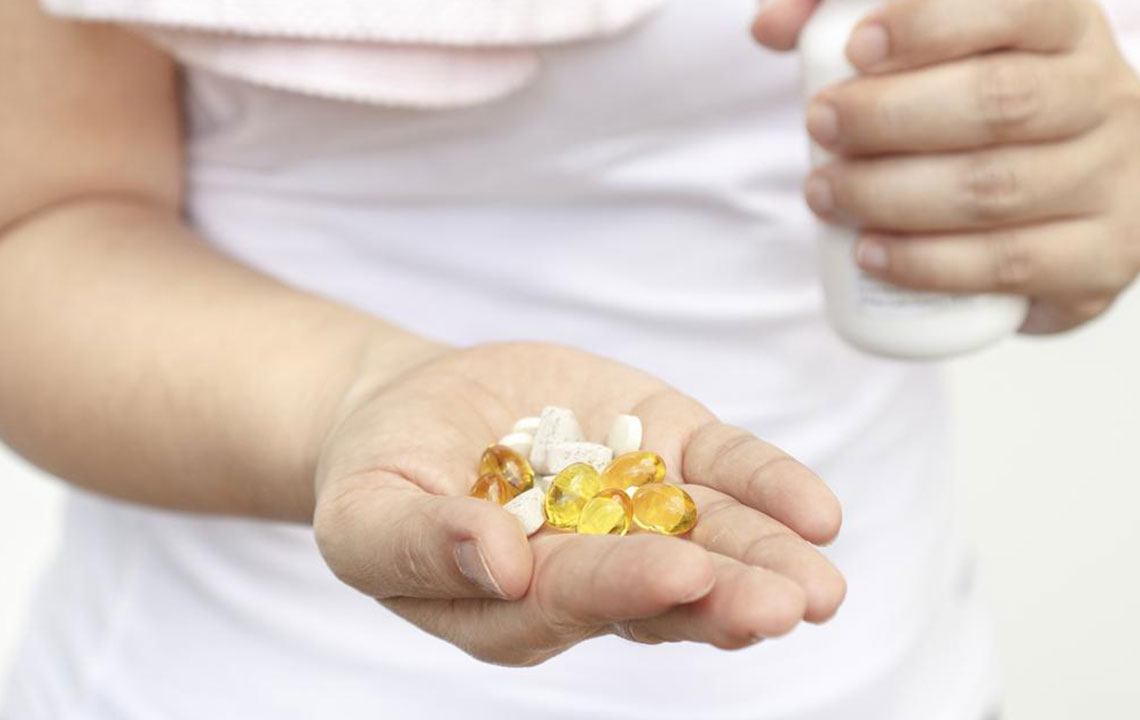Essential Guide to Probiotics and Their Health Benefits
This comprehensive guide explores probiotics, highlighting their vital role in maintaining gut health, immunity, and overall well-being. It discusses key strains, product types, and tips for selecting the most effective probiotic supplements to support a healthy lifestyle.
Sponsored
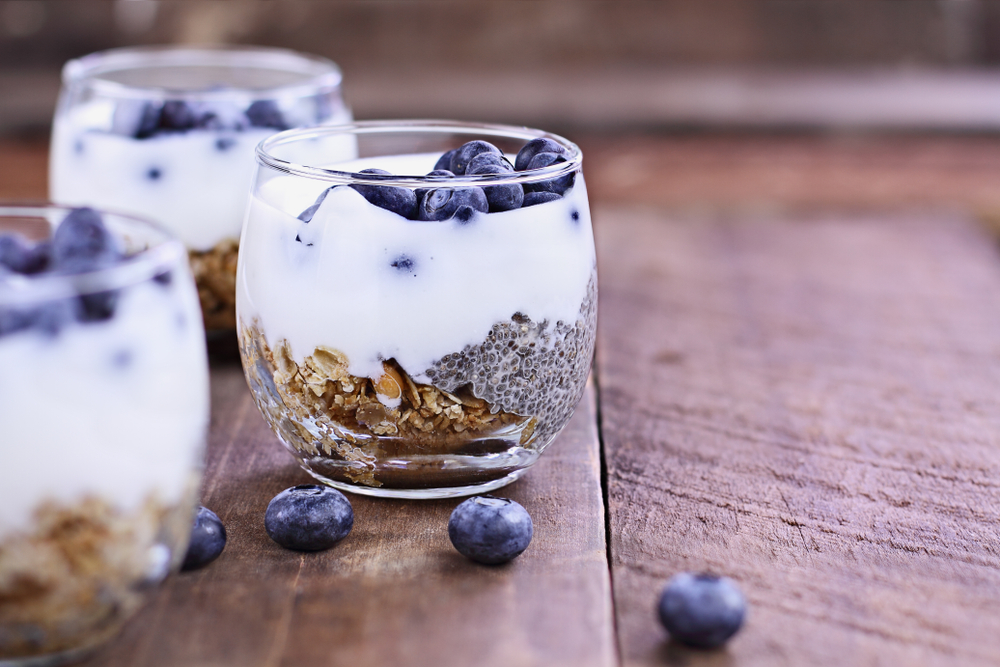
Discover everything about probiotics and their impact on health
Many people believe that microorganisms and bacteria are solely harmful, causing illnesses and discomfort. However, these microscopic entities are among the oldest life forms on Earth and are vital to our well-being. They exist abundantly inside and outside our bodies. While some can cause health issues, many are beneficial and essential for maintaining a healthy body. Trillions of these microbes live in and on us, with research indicating our bodies contain three times more non-human cells than human cells.
Beneficial bacteria and yeast play crucial roles in supporting overall health. Imbalances or overgrowth of certain microbes can lead to inflammation and weakened immunity. Consuming probiotics helps restore healthy bacterial populations, aiding in disease prevention and management. Here’s what you should know about top probiotic options:
What Are Probiotics?
The highest concentration of beneficial bacteria resides in our gut, formed naturally during childbirth.
Humans and beneficial gut bacteria share a mutualistic relationship.
These microbes assist in breaking down dietary fiber into absorbable fatty acids.
They contribute to vitamin synthesis and steroid metabolism.
Alterations in the gut microflora can trigger inflammation and immune system issues.
Probiotic intake supports optimal gut flora balance, which is vital for good health.
Probiotic products contain live bacteria or yeast that grow and colonize within the body, fighting harmful bacteria effectively.
Popular Probiotic Strains
Research continues into gut microbe variations. The main species are Lactobacillus and Bifidobacterium.
Lactobacillus strains help with vaginal health, digestion, skin conditions, and reducing inflammation.
Bifidobacterium strains enhance immunity, support digestion, combat aging signs, and help manage IBS and constipation.
Other strains like Streptococcus aid gut and skin health.
Notable strains include Lactobacillus acidophilus (improves dairy digestion), Bifidobacterium longum (eliminates toxins), and Bifidobacterium bifidum (breaks down carbs, proteins, fats, especially beneficial for seniors).
Additional helpful strains like Lactobacillus rhamnosus (ideal for travel-related upset stomachs) and Lactobacillus fermentum help maintain healthy gut flora and neutralize harmful digestion byproducts.
Types of Probiotic Products
Fermented dairy options such as probiotic yogurts, buttermilk, and other dairy products are widely available, in fresh or processed forms.
Fermented foods like miso, kimchi, sauerkraut, certain cheeses, and kefir offer natural probiotics.
Non-dairy probiotics include snack bars and cereals tagged with beneficial bacteria.
Supplements come as capsules, liquids, or powders for convenient intake.
Choosing the Right Probiotic
With numerous options on the market, selecting an effective probiotic can be challenging. Tips include:
Buy from reputable brands.
Look for products with clear expiration dates, indicating live bacteria presence, since dead microbes are ineffective.
Prefer controlled-release formulations for better survival through digestion.
Consume proven food-based probiotics like yogurt and fermented vegetables, which are both effective and tasty.
Consult with a healthcare provider to find the probiotic best suited to your individual gut health and needs, rather than relying solely on advertisements or suggestions.

